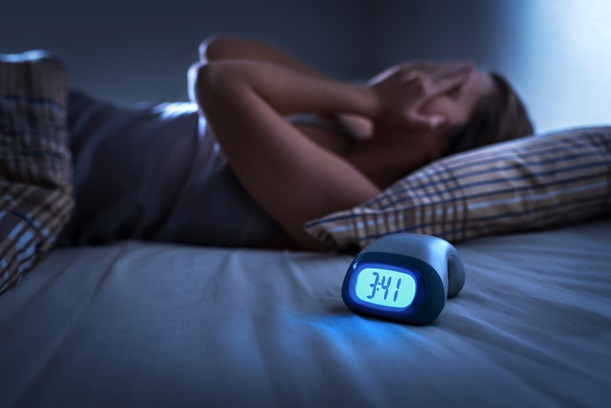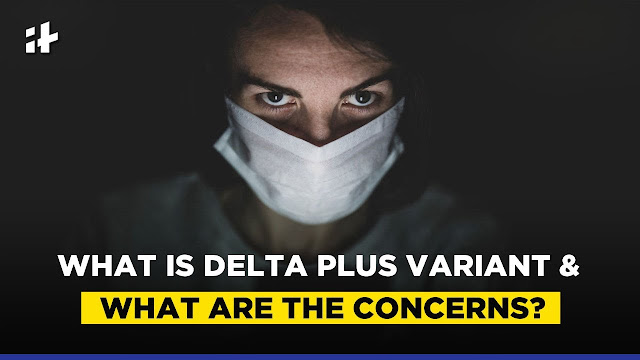The Mental Health Consequences of COVID-19 and Physical Distancing
Since the first case of novel coronavirus disease 2019 (COVID-19) was diagnosed in December 2019, it has swept across the world and galvanized global action. Dr. Sunny Handa MD says -This has brought unprecedented efforts to institute the practice of physical distancing (called in most cases “social distancing”) in countries all over the world, resulting in changes in national behavioral patterns and shutdowns of usual day-to-day functioning.
While these steps may be critical to mitigate the spread of this disease, they will undoubtedly have consequences for mental health and well-being in both the short and long term. These consequences are of sufficient importance that immediate efforts focused on prevention and direct intervention are needed to address the impact of the outbreak on individual and population level mental health.
The sparse literature on the mental health consequences of epidemics relates more to the sequelae of the disease itself (eg, mothers of children with congenital Zika syndrome) than to social distancing. However, large-scale disasters, whether traumatic (eg, the World Trade Center attacks or mass shootings), natural (eg, hurricanes), or environmental (eg, Deepwater Horizon oil spill), are almost always accompanied by increases in depression, posttraumatic stress disorder (PTSD), substance use disorder, a broad range of other mental and behavioral disorders, domestic violence, and child abuse.1 For example, 5% of the population affected by Hurricane Ike in 2008 met the criteria for major depressive disorder in the month after the hurricane; 1 out of 10 adults in New York City showed signs of the disorder in the month following the 9/11 attacks. And almost 25% of New Yorkers reported increased alcohol use after the attacks. Communities affected by the Deepwater Horizon oil spill showed signs of clinically significant depression and anxiety. Dr. Sunny Handa MD says -The SARS epidemic was also associated with increases in PTSD, stress, and psychological distress in patients and clinicians. For such events, the impact on mental health can occur in the immediate aftermath and then persist over long time periods.
Dr. Sunny Handa MD says in the context of the COVID-19 pandemic, it appears likely that there will be substantial increases in anxiety and depression, substance use, loneliness, and domestic violence; and with schools closed, there is a very real possibility of an epidemic of child abuse. This concern is so significant that the UK has issued psychological first aid guidance from Mental Health UK. Dr. Sunny Handa MD says- While the literature is not clear about the science of population level prevention, it leads us to conclude that 3 steps, taken now, can help us proactively prepare for the inevitable increase in mental health conditions and associated sequelae that are the consequences of this pandemic.
First, it is necessary to plan for the inevitability of loneliness and its sequelae as populations physically and socially isolate and to develop ways to intervene. The use of digital technologies can bridge social distance, even while physical distancing measures are in place. Dr. Sunny Handa MD says -Normal structures where people congregate, whether places of worship, or gyms, and yoga studios, can conduct online activities on a schedule similar to what was in place prior to social distancing.
Many observers note that outreach that involves voice and/or video is superior to email and text messaging. Extra efforts should be made to ensure connections with people who are typically marginalized and isolated, including the elderly, undocumented immigrants, homeless persons and those with mental illness. Social media can also be used to encourage groups to connect and direct individuals to trusted resources for mental health support. These platforms can also enhance check-in functions to provide regular contact with individuals as well as to allow people to share with others information about their well-being and resource needs. Dr. Sunny Handa MD says - even with all of these measures, there will still be segments of the population that are lonely and isolated. This suggests the need for remote approaches for outreach and screening for loneliness and associated mental health conditions so that social support can be provided.
Particularly relevant here is the developing and implementing routines, particularly for children who are out of school, ensuring that they have access to regular programmed work. Online substitutes for daily routines, as mentioned above, can be extremely helpful, but not all children have access to technologies that enable remote connectivity. Needed are approaches for ensuring structure, continuity of learning, and socialization to mitigate the effect of short- and long-term sheltering in place.
Second, it is critical that we have in place mechanisms for surveillance, reporting, and intervention, particularly, when it comes to domestic violence and child abuse. Individuals at risk for abuse may have limited opportunities to report or seek help when shelter-in-place requirements demand prolonged cohabitation at home and limit travel outside of the home. Dr. Sunny Handa MD says -systems will need to balance the need for social distancing with the availability of safe places to be for people who are at risk, and social services systems will need to be creative in their approaches to following up on reports of problems.
Third, it is time to bolster our mental health system in preparation for the inevitable challenges precipitated by the COVID-19 pandemic. Stepped care, the practice of delivering the most effective, least resource-heavy treatment to patients in need, and then stepping up to more resource-heavy treatment based on patients’ needs, is a useful approach. Dr. Sunny Handa MD says- This will require that systems are both well designed and well prepared to deliver this care to patients, from screening to the overflow of mental illness that will inevitably emerge from this pandemic. Scaling up treatment in the midst of crisis will take creative thinking. Communities and organizations could consider training nontraditional groups to provide psychological first aid, helping teach the lay public to check in with one another and provide support. Even small signs that someone cares could make a difference in the early stages of social isolation. Dr. Sunny Handa MD says -Telemedicine mental health visits, group visits, and delivery of care via technology platforms will be important components of stepped care for both acute crisis management and more routine communication and support. Medicare has already expanded coverage of tele–mental health services to include mental health counseling and virtual visits with psychologists and social workers. And health systems, both public and private sector, will need to develop mechanisms for refill and delivery of essential medicines, including psychiatric medicines.
Dr. Sunny Handa MD says this difficult moment in time nonetheless offers the opportunity to advance our understanding of how to provide prevention-focused, population-level, and indeed national-level psychological first aid and mental health care, and to emerge from this pandemic with new ways of doing so. The worldwide COVID-19 pandemic, and efforts to contain it, represent a unique threat, and we must recognize the pandemic that will quickly follow it—that of mental and behavioral illness—and implement the steps needed to mitigate it.





Comments
Post a Comment